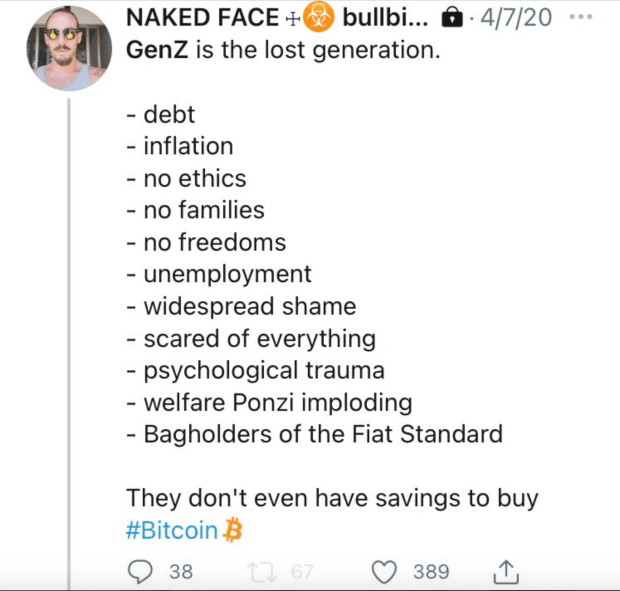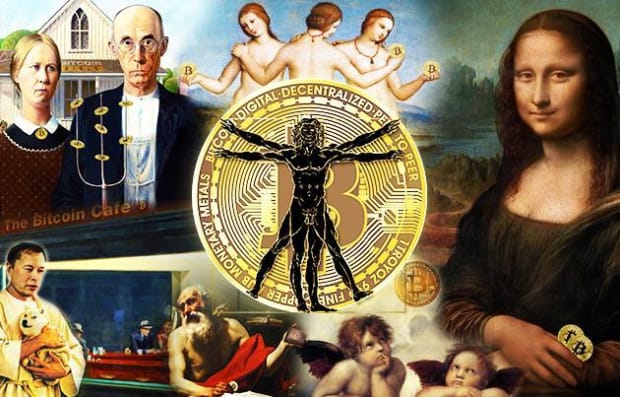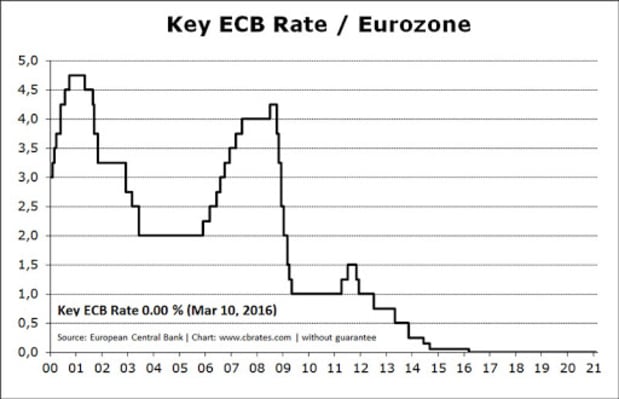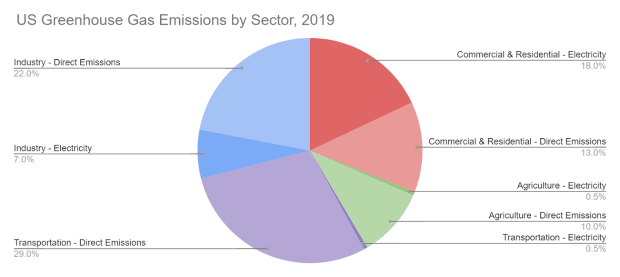VanEck, Cboe and SolidX Meet With SEC to Discuss a Bitcoin ETF

Having met the U.S. Securities and Exchange Commission (SEC) in August 2018, officials of VanEck, SolidX and Cboe BZX Exchange have met with the Commission again, in the latest attempt to convince the regulator to approve the nation’s first bitcoin exchange-traded fund (ETF), according to an official presentation submitted to the SEC.
The firms gave the pitch to the SEC’s Division of Corporation Finance, Division of Trading and Markets, and Office of General Counsel.
The presentation given to staffers of the agency was focused on comparing the cryptocurrency market to other markets that already have exchange-traded funds, including silver and gold markets. The promoters of the VanEck/SolidX ETF hammered on its long-held view — that the bitcoin market is ready for an ETF.
Using the vector error-correction (VEC) model to compare pricing data between exchanges over an extended period of time, the proponents argued that bitcoin’s price between the futures market and the spot market are connected. They then compared these price correlations to the markets for commodities like gold and silver, which also function as money substitutes to indicate that bitcoin features a “well-functioning capital market.”
“The empirical evidence indicates that the spot and futures prices are cointegrated. This indicates that the spot and futures prices are tightly linked.”
On the issue of market manipulation, one issue that the SEC has continued to point to in a number of ETF rejections this year, the firms argue that the market is more resilient than the regulators give it credit for.
“Several properties of bitcoin and the underlying ecosystem make it less susceptible to manipulation than other commodities that underlie already approved ETPs.”
For most commodities, insiders might trade on information related to production or the “discovery of new sources of supply” of the product which could impact its price. With bitcoin, this is impossible as the inflation rate is fixed and transparent.
For this to be remotely possible, the “manipulation of the price of bitcoin on any single venue would require manipulation of the global bitcoin price to be effective.”
Arbitrageurs would need to have funds distributed on crypto exchanges to have any chance of profiting from “temporary price dislocations.”
This year, the SEC has rejected most of the ETF proposals that crossed its desk. While some were rejected outright, nine others are being reviewed by the Commission. The VanEck/SolidX proposal is the last horse in the race with many believing it’s a matter of “when” not “if” it would be approved.
“We’ll continue to engage and fight this fight to do our part as an asset manager to help the digital asset space mature. So it may not be a short fight — I don’t know,” Gabor Gurbacs, director of Digital Asset Strategy at VanEck/MVIS, said in an earlier interview with Bitcoin Magazine. “But we have done this with gold in the ’60s, and hopefully now, we’re building the right basis that will stay true to bitcoin as well as integrate it into the U.S. capital markets.”
Reggie Browne, senior managing director of the ETF group at Cantor Fitzgerald, said a bitcoin exchange-traded fund would be approved “no time soon,” adding:
“It’s very difficult for the [Securities and Exchange Commission (SEC)] to wrap their heads around a positive approval because there’s no data yet … the markets just aren’t here.”
This article originally appeared on Bitcoin Magazine.









